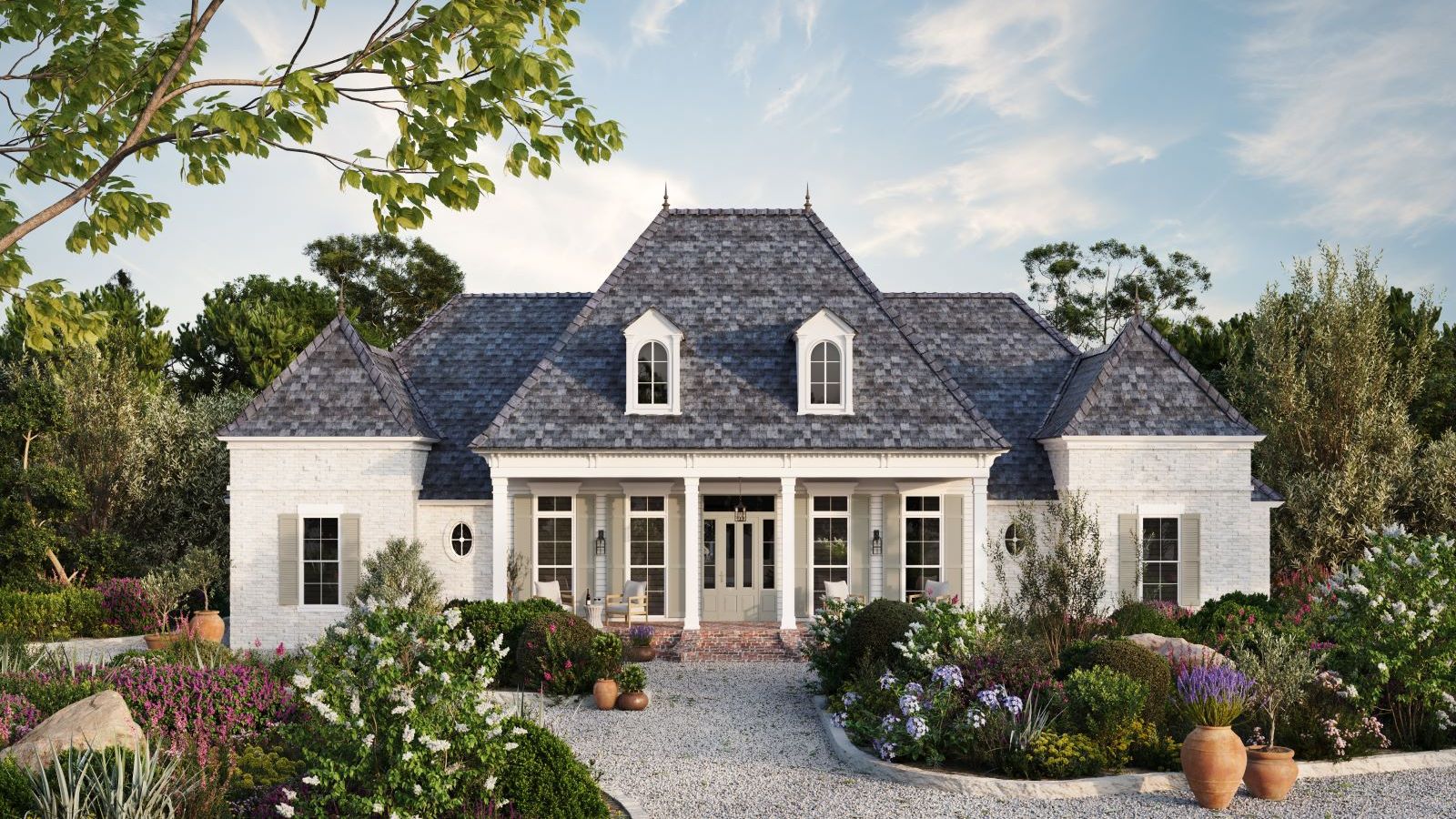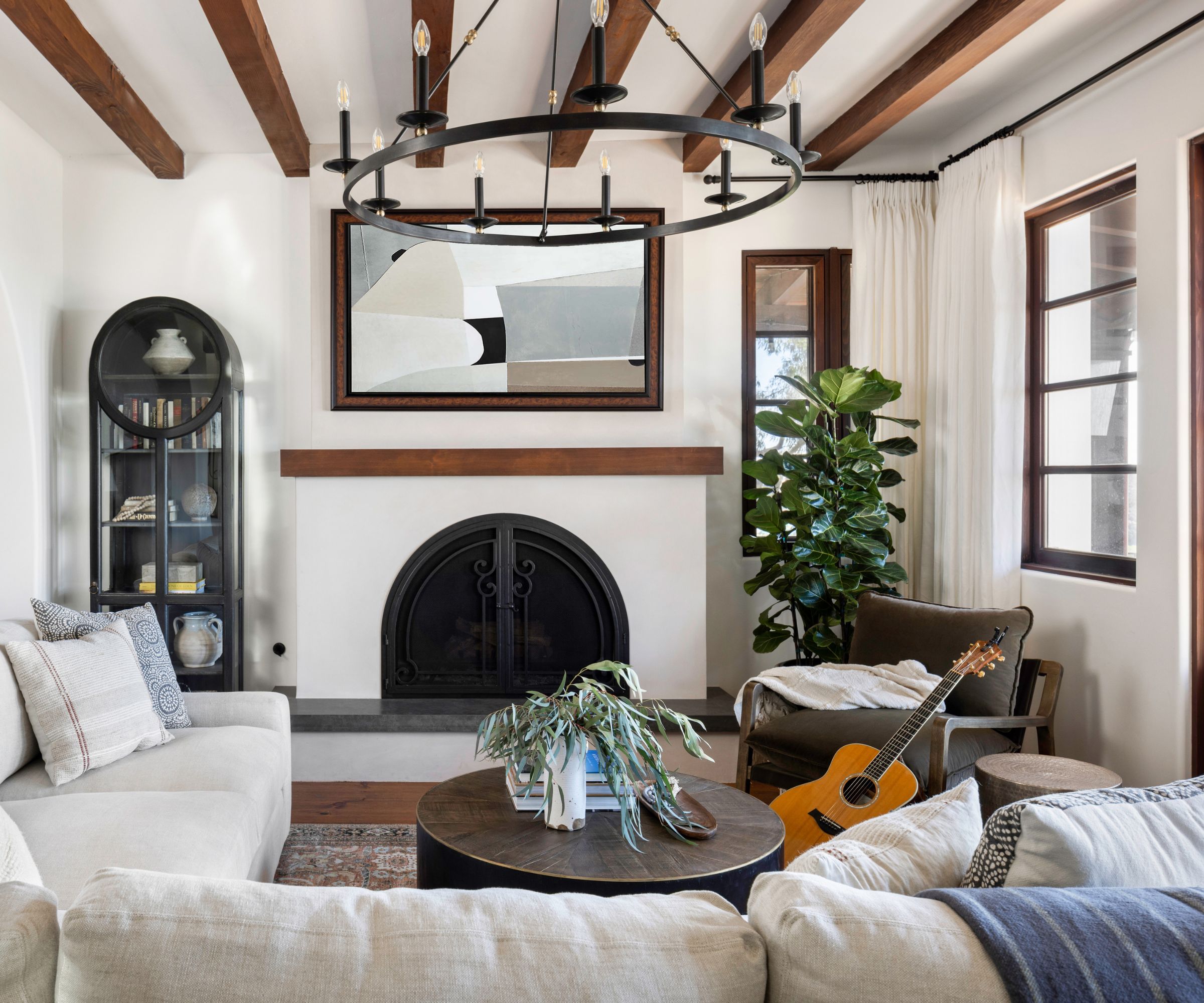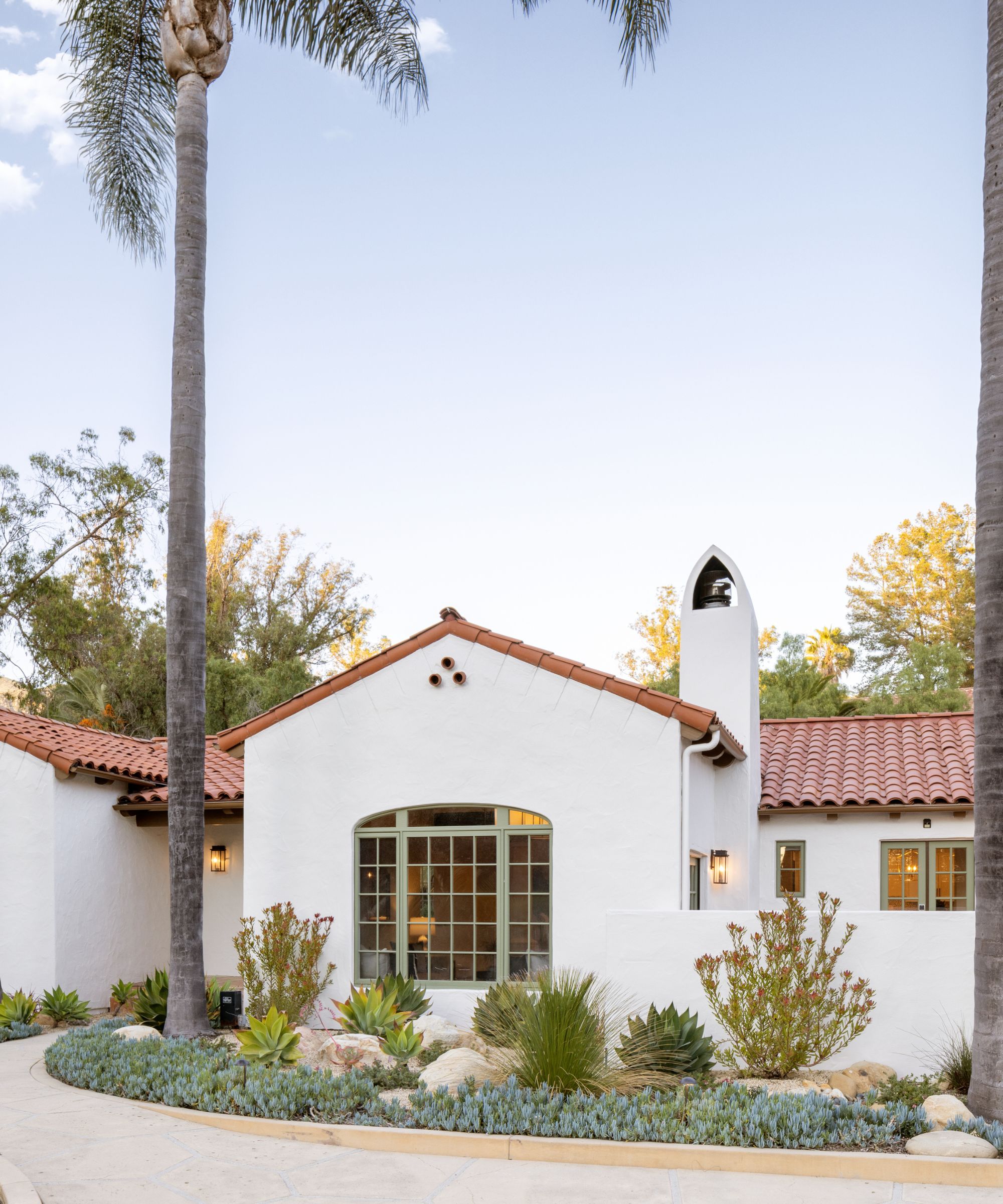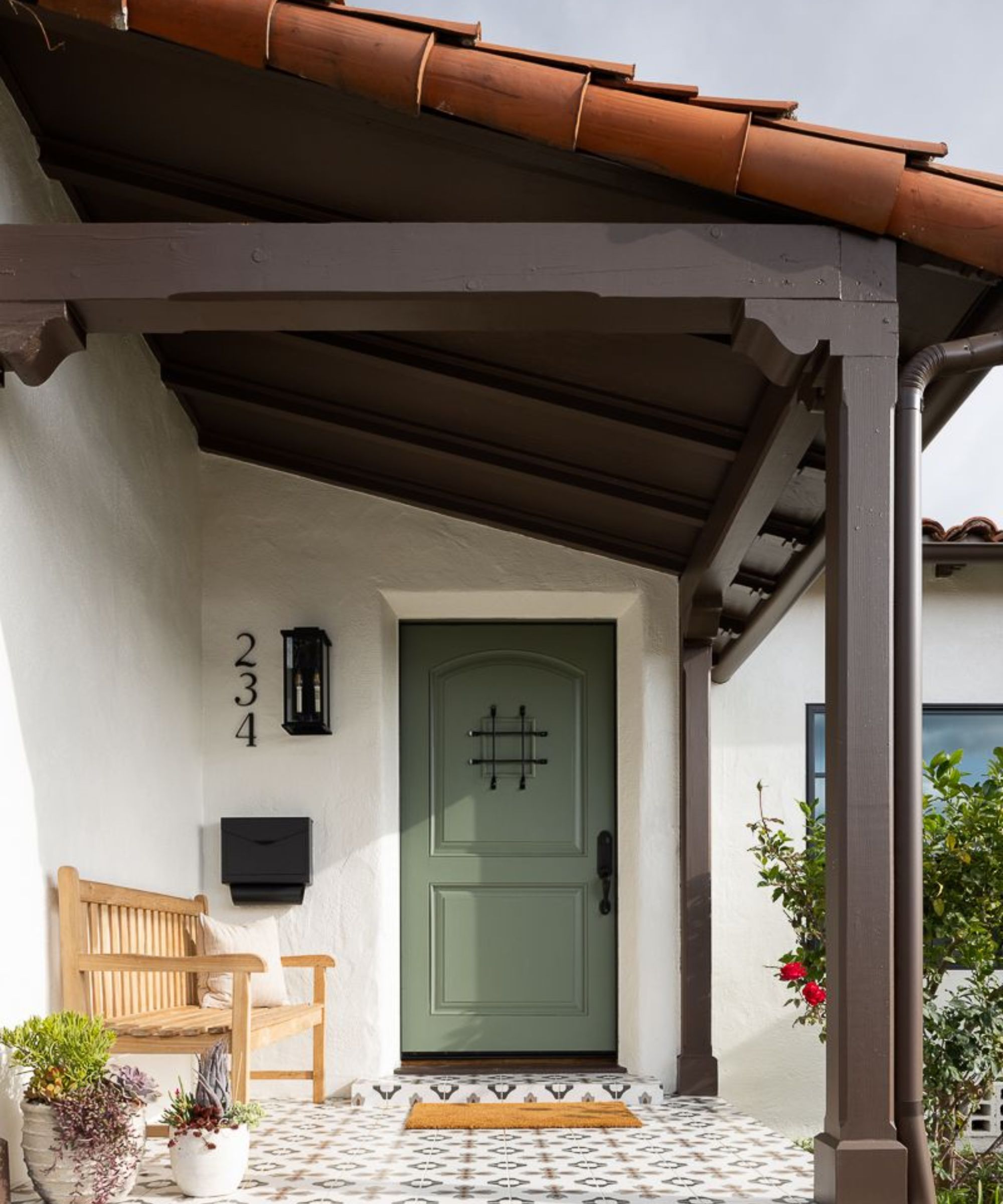Can paint colors affect the value of your home?
Experts who know how to sell houses, know what sells those houses – and could it be the paint colors? Here they share whether they make a difference

I recently put my own home on the market, and whether paint colors could affect the value of the property was forefront of my mind. The first viewing, an older couple, took one look at the – shall we say polarizing – living room painted in a rich, dark brown (Cola, by Farrow and Ball) and couldn't get over how it. The word 'dark' dancing through their minds in every other light-filled room they entered. 'Is this room a bit dark, too?' she would ask, stepping into a pale green home office.
Then another buyer fell in love with the color, and went onto make an offer. Not because of the color exactly, but she did say 'I have the same paint at home and could move into this right away.' So, in an unpredictable and unknowable way, I had to conclude that yes, paint colors did affect the value. But what do the experts think? Are there any hard and fast rules, any colors that should definitely be avoided?
Can paint colors affect the value of your home?

'Yes they can, they do!' says Claudia Acevedo, a broker-owner with Century 21 Real Estate on the West Coast. 'Paint colors really do affect the value of a home. They're the first thing people see, the first impression, they set the tone and speak of the character of the home. They tell people what the home represents.'
Brandi Snowden, Director of Member and Consumer Survey Research at the National Association of Realtors (NAR), agrees - though slightly less emphatically. 'I think something more neutral would be the easiest for buyers to visualize having their own color on the walls,' Brandi says. 'I think something more neutral would be the easiest for buyers to visualise having their own color on the walls.'
NAR commissioned a report into home staging in 2023, asking its members for their opinions and anecdotal evidence on areas on what effect staging and dressing had on how easily it sold.
'In the home staging report, many of our members told us that if a home is decorated to a buyer's taste, it's easier to sell,' Brandi said. The report looked at wider staging – dressing a home, adding soft furnishings – rather than just paint, but its findings are still relevant here.
It found that the average spend on staging was between $400 and $600 (which could of course include a coat or two of paint), and that 34 percent of up to 10 percent of the dollar value of the home. Perhaps crucially, none of the respondents reported that staging a home had a negative impact on the home’s dollar value, which you could take to mean that a fresh coat of paint – in a typically neutral hue favored by stagers, such as off-white or soft gray – is likely to increase the value of your home.
Design expertise in your inbox – from inspiring decorating ideas and beautiful celebrity homes to practical gardening advice and shopping round-ups.
What paint colors increase the value of your home?

Unfortunately, there is no hard and fast equation. No one color that automatically increases a home's value. Each property is different, and each potential buyer has different tastes, too. But there are tips for choosing the right ones to push your home in the right direction.
Brandi says that for some buyers, they're being heavily led by what they see on TV shows. 'With the rise in popularity of staging shows, there is an increased expectation for how a home should look,' she says. 'According to the home staging report, about 23 percent of buyers are influenced by what they've seen on television.' And invariably, the colors used on shows are gray, off-white, and other very neutral tones.
In fact, a report by Zillow found that charcoal gray was the perfect color for increasing a home's value if it was used in the kitchen. Homes with a charcoal gray kitchen can sell for an estimated $2,512 more than similar homes, the report found.
Not that this compelling fact is one you should always follow. 'For exterior paints, it's very important that you choose the color based on the home's style, and what effect you're trying to create,' Claudia says. 'Bold colors can build character and look great for a modern home, while in an older home you'll want to be more charming, more warm, more inviting. I usually tell people to use lighter, more neutral colors and to use paint to bring attention to details like accenting the trims or wood paneling.' This approach highlights the best features of a property, increasing the value by instantly showcasing it to the buyer.
That being true, Claudia says that darker colors are starting to come into fashion now, and therefore could attract a more wealthy, affluent, trend-focussed crowd. 'We're seeing a lot of monochromatic schemes now, which people seem to love,' she says. 'Black wood paneling is a very striking choice which is going down very well.'

It's not just paint color that can have an effect on the value of your home, and Claudia says there are other simple decorative overhauls you can do to increase the property's potential.
'The front door is so important,' she says. 'You always want a door that people want to go inside. For an older house with small windows that could be a door with a big window, whereas for a more contemporary home with lots of windows, I'd suggest a beautifully solid door.'
Even easier than updating the door? 'Plants!' Claudia says. Perhaps the porch can take decorative plants, or you can add some new ones in around the exterior of the home. It will make all the difference.'
Pip Rich is an interiors journalist and editor with 20 years' experience, having written for all of the UK's biggest titles. Most recently, he was the Global Editor in Chief of our sister brand, Livingetc, where he now continues in a consulting role as Executive Editor. Before that, he was acting editor of Homes & Gardens, and has held staff positions at Sunday Times Style, ELLE Decoration, Red and Grazia. He has written three books – his most recent, A New Leaf, looked at the homes of architects who had decorated with house plants. Over his career, he has interviewed pretty much every interior designer working today, soaking up their knowledge and wisdom so as to become an expert himself.

